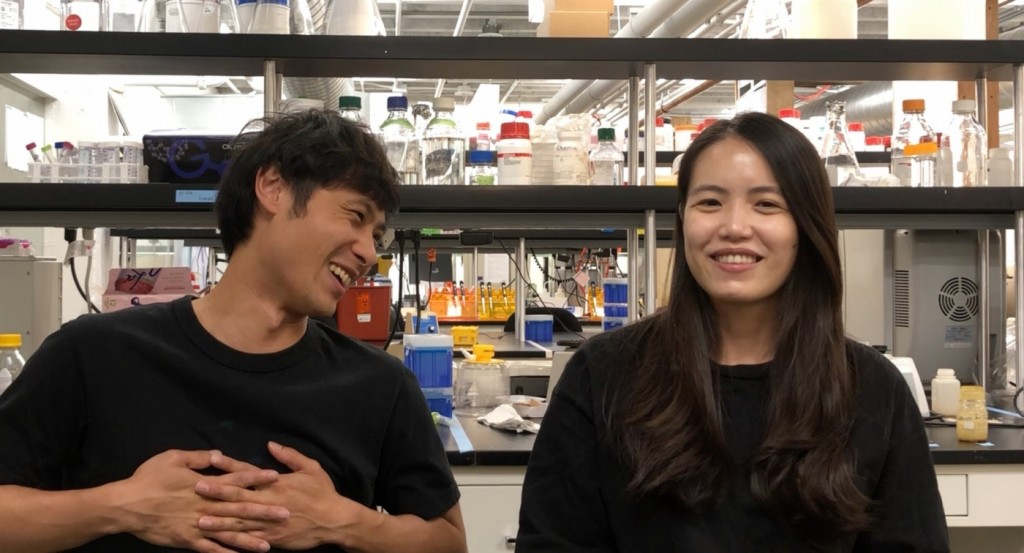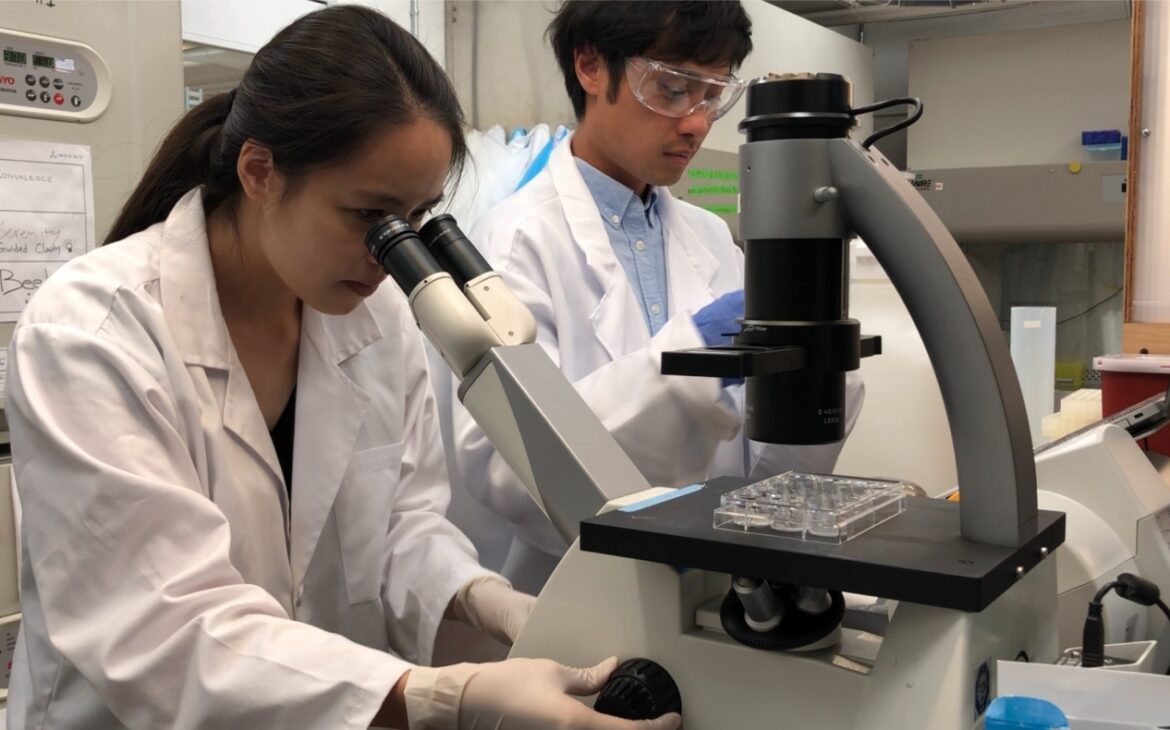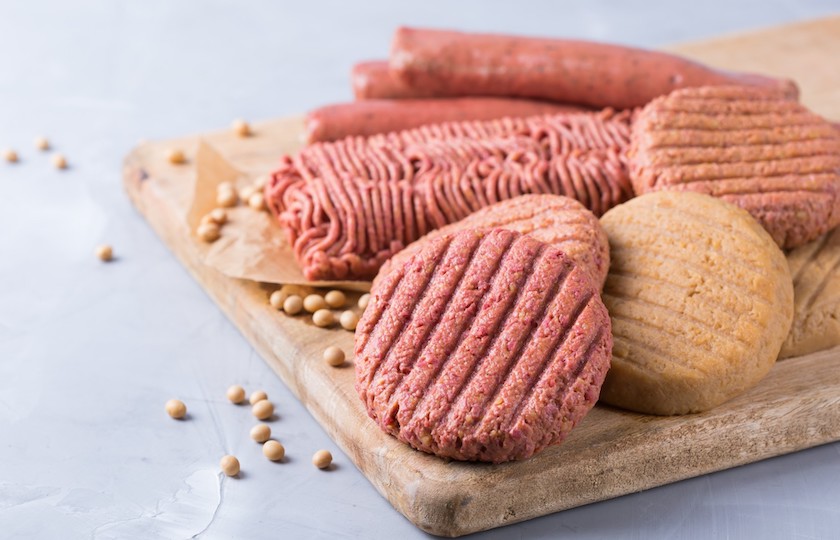Vegan alt-meat has gained popularity worldwide with more people adopting vegetarian or flexitarian diets; one can now easily order alt-meat from fast foods like Burger King or KFC.
According to a recent study, the global plant-based meat market size was estimated to be US$3.3 billion in 2019 and is expected to reach $13.8 billion within six years.
However, there has always been a flaw in vegan alt-meat – many people don’t consider it tastes as good as the real deal. There’s still a significant difference in texture – or mouthfeel – and flavour that distinguishes animal meat from plant-based alternatives.
It turns out that fat is the essence of meat’s mouthfeel and taste.

Huang Jen-Yu and Michelle Lee, Taiwanese researchers from Cornell University, saw the trend of plant-based meat and were the first to use an encapsulation technique to produce “artificial fat,” which allows plant meat to taste like real meat.
“Before graduation, I was contemplating my future. However, since I have mastered some top technical skills, why not go out there and give it a shot?” said Lee when recalling the time Huang asked her to start their company, Lypid.
Plant-based oils from the likes of coconuts, canola, and sunflowers have traditionally been used as a substitute for animal fat. But, on the other hand, their melting point is quite low, resulting in fat melting away in pans or a greasy piece of vegan meat that smells like plants.

Some scientists have tried using cultivated animal fat to make plant-based meat more palatable; however, it doesn’t fit strict vegan diets.
Lee’s breakthrough is through her speciality, the technique of encapsulation. This process allows food ingredients or enzymes to be placed in small capsules, allowing liquid vegan oils like sunflower oil or coconut oil to withstand up to 165 degrees celsius and contain more water components.
Because the fat doesn’t burn or melt easily, the sense of chewiness, creaminess, and juiciness is preserved.
“If you look into animal fat, it’s not just lipid. It contains water, too. So if you are always trying to imitate fat, the direction is wrong, and it will never taste like real fat,” explained Huang.
The scientists’ start-up company adopted a B2B business model to sell its plant-based fat to plant-based meat manufacturers. It also plans to develop and distribute its products, like vegan bacon. Targeting the US and Taiwan markets in the future.
“Taiwan has been making very tasty vegan meat. It’s just that no one sees it as a real industry,” Huang concluded.
Lypid is now being backed by global venture capital firm IndieBio, and plans to go into mass production next year.
- Main image: @antonina.vlasova via Twenty20.



